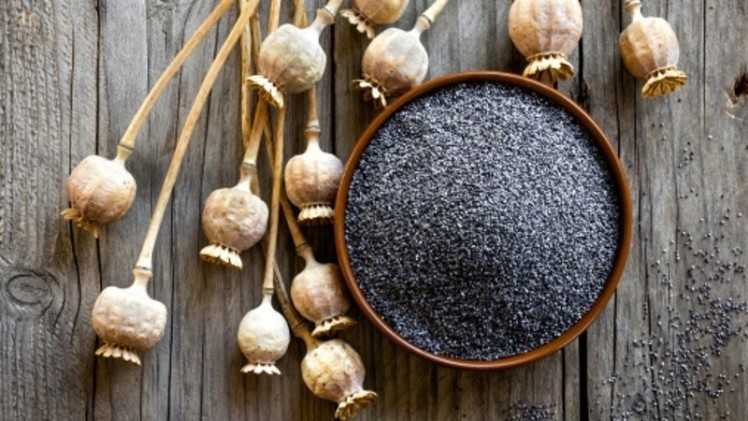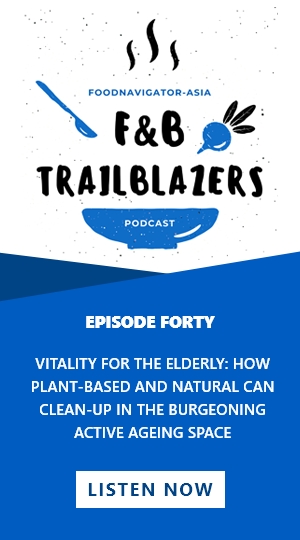Safety First: Australia poppy seed poisoning recalls, Top 10 APAC food safety stories in 2022, kimchi spot checks and more feature in our round-up

Poppy seed panic: Australian food firms stress poisoning cases ‘outside of brands’ control’ amid nationwide recalls
Food firms in Australia affected by recent poppy seed recalls after an outbreak of severe food poisonings say the situation was beyond their control, amid government warnings that non-food grade poppy seeds ‘incorrectly’ entered the supply chain.
Australia has observed a series of severe food poisoning cases linked to poppy seed consumption, with over 30 consumers having been hospitalised and/or treated for high levels of thebaine, a toxic chemical found in non-food grade poppy seeds.
Most of the symptoms observed have been serious enough to warrant medical concern, including difficulty breathing, muscle spasms, tachycardia, seizures, cardiac arrest, unconsciousness and more.
“Anyone who has consumed the recalled products and experienced unusual and/or severe symptoms should seek immediate medical attention,” food regulator Food Standards Australia New Zealand (FSANZ) stated when implementing the nationwide recall of poppy seed brands.
Safe and secure: The Top 10 APAC food and beverage industry food safety stories in 2022
We reveal the top 10 most-read food safety and security stories from the APAC food and beverage industry in 2022, featuring news on Singapore's 2030 food security goal challenges, Thailand's cannabis safety concerns, South Korea's butterfly pea fears and more.
Kimchi season is coming: South Korea conducts manufacturer checks amid adulteration fears
The South Korean authorities have conducted food safety checks on almost 2,000 kimchi and related ingredient manufacturers ahead of the peak production season, amid public concern about hygiene and adulteration issues.
Kimchi is considered a staple food item in South Korea where consumers have it as a side dish with just about every meal, and the major preparation and production season for this product is usually in November.
In preparation for the 2022 major kimchi production season last year, South Korean authorities conducted thorough food safety checks on kimchi and related ingredient manufacturers throughout the country, together with the aid of local governments.
Boiled peanuts could help overcome child peanut allergy, clinical trial shows
Boiling peanuts for up to 12 hours could help overcome children’s allergic reactions, according to the results of a clinical trial at Flinders University and SAHMRI in Australia which found up to 80% of children with peanut allergy became desensitised to eating peanuts.
The clinical trial, published in the journal Clinical & Experimental Allergy, tested if a therapy delivering sequential doses of boiled peanuts, followed by roasted peanuts, could help children overcome their peanut allergies.
The trial built on previous research conducted by senior author and Flinders University’s College of Medicine and Public Health Associate Professor Tim Chataway showing that heat affects the protein structure and allergic properties of peanuts, meaning they were less likely to cause a severe allergic reaction.
Expiration experimentation: South Korea embarks on nationwide project to set ‘use-by’ dates for food and beverage products
The South Korean government is implementing a nationwide project to set ‘use-by’ dates for some 2,000 food and beverage items, in its latest move in an attempt to cut national food waste.
In August 2021, South Korea passed a historical change to its food labelling and advertising regulations to replace existing on-pack expiration dates with a new ‘use-by’ dates system, the first major change the country has made in almost 40 years.
The traditional expiration dates were ‘sell-by’ dates by which retailers were mandated to remove the products from shelves, generally within 60% to 70% of the timeframe that food is still considered safe for consumption.
The newer use-by dates significantly extend the timeframe that these products will be made available to consumers, as these are within 80% to 90% of the timeframe for safe consumption. It is also expected to reduce the amount of food disposed in-home by consumers based on the dates printed on-pack.













